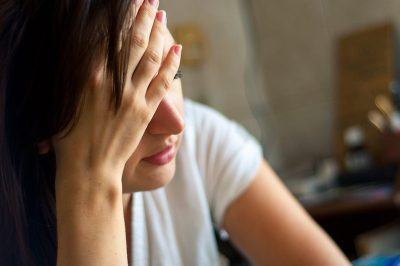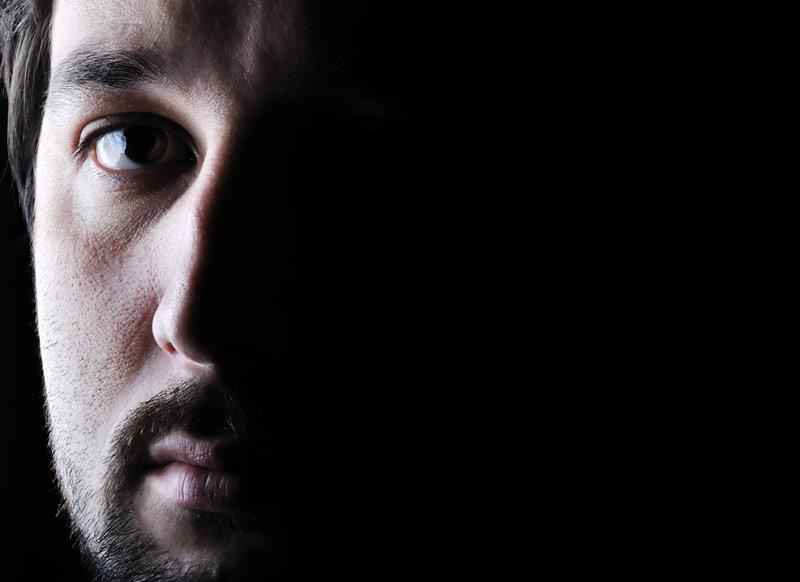Bipolar Disorder

What Is Bipolar Disorder?
Bipolar disorder is one of the more unpredictable—and potentially exhausting—disorders that someone can be affected by. With other disorders such as clinical depression, or anxiety, the chief problem is one overriding emotion dominating almost all aspects of a person’s daily life. In the case of depression, it is sadness or dejection. In the case of anxiety, it is nervousness or fear. There’s a certain predictability and ease in diagnosing these disorders because that single, defining emotional state colors everything about the person’s outlook and behaviors.
Bipolar disorder is different in that a person here suffers from two opposing emotional extremes. In past decades, the disorder was once described as “manic depressive.” This is because someone with bipolar disorder experiences erratic, often unpredictable mood swings that can make them seem almost unrecognizable to others. This can be particularly dangerous if bipolar disorder and substance abuse come together.

Symptoms of Bipolar Disorder

When someone suffers from bipolar disorder, he or she may express typical symptoms of clinical depression, such as lethargy, low self-esteem, dejection or sadness. Then, without any apparent trigger or warning, these feelings can disappear and the person can return to a more balanced emotional state.
The other alternative, however, is that they swing to the opposite portion of the emotional spectrum and experience “mania,” feeling more confident, capable and smarter than they may actually be, even entertaining thoughts of being blessed or indestructible, thus taking on extremely risky activities.
People with bipolar disorder can go from demanding a promotion and quitting their job when they don’t get it, confident they’ll find a better one, to retreating into bed and being unable to get out of it when they realize what they’ve done to themselves.
Escaping Through Addiction
In this way, substance abuse and bipolar disorder form a very dangerous alliance. In the depression state, someone with bipolar disorder may resort to drugs and alcohol to escape the feelings of bleakness and dejection. In the manic state, someone may take drugs or alcohol simply for enjoyment and believe that because he or she is so exceptional, addiction can’t happen. This “double threat,” makes people especially vulnerable to addiction as the two emotional extremes can find easy justification for taking drugs or alcohol on a regular basis, and can lead to a serious addiction.
In order to treat addiction effectively in such a case, it’s not enough to purge a body of its physical dependence on a substance. This is still an important and necessary component of treatment, but it is simply eliminating a cause, not an effect. If someone has a fever because of an illness, just putting a cold compress on to treat the fever doesn’t actually cure the sickness, merely the symptom. The same is true when an underlying disorder is what led to an addiction.
Dual Diagnosis for Bipolar Disorder and Substance Abuse
In cases where there is an underlying condition that has led to the problem, such as is the case with bipolar disorder and substance abuse, the first step is correctly assessing the conditions involved. If an addict has never been diagnosed with a condition but displays many indicators hinting that this is a root cause, an evaluation is necessary first. It’s important to understand what the cause is for the addiction, whether that is depression, anxiety or bipolar disorder, so a professional evaluation needs to occur.
Once the diagnosis has been made, the next step is ensuring that both the addiction and the condition are both treated. Bipolar disorder can have profound effects on a person’s life, causing them to make choices and take actions that they otherwise wouldn’t with a more stable, balanced emotional life. It’s important to address the problems a person is having with bipolar disorder itself in order properly overcome the addiction. In many cases, some kind of medication may also be prescribed to level things out, and then the real work can begin.

Get Help with Bipolar Disorder and Substance Abuse at Beachside
Our expert therapists are trained and experienced in treating dual diagnosis patients with a series of effective treatments and therapies. The beautiful dual diagnosis treatment center facility at Beachside is the ideal location to start recovery and learn how to beat addiction and manage any co-occurring disorders for life. With high-quality medical treatment, compassion, and encouragement, our clients can move on to a happy and active lifestyle free from addiction and the stigma attached to mental illness. Relying on substances to mask the pain from a mental illness is no way to live your life. If you or a loved one is suffering from addiction issues that stem from, or, are the result of a co-occurring mental disorder, call and speak to the experts at Beachside today.
From the Blog
Exploring Holistic Approaches to Anxiety Management
Beyond medication and therapy, these holistic practices can help manage symptoms of anxiety.
read more



